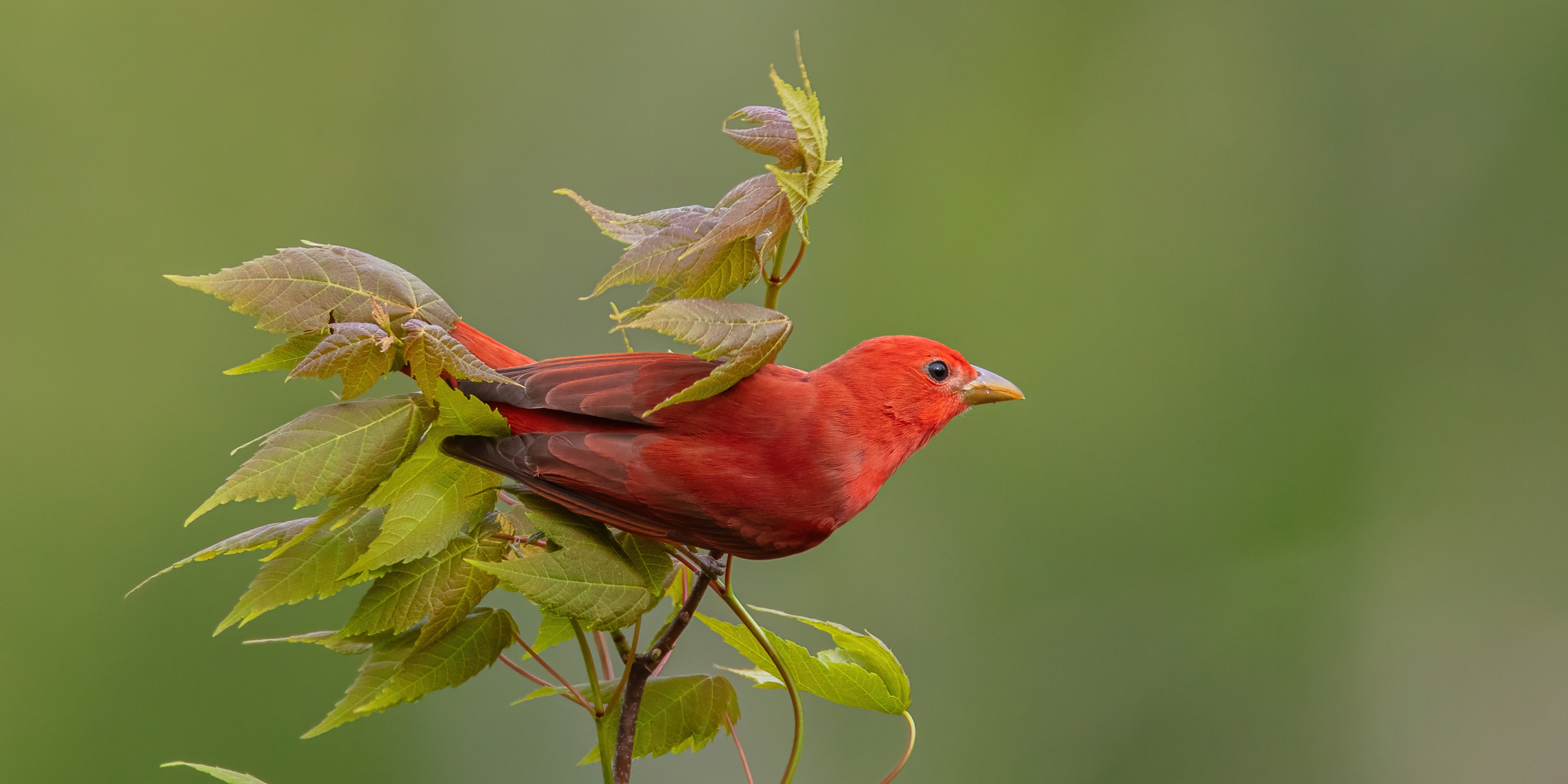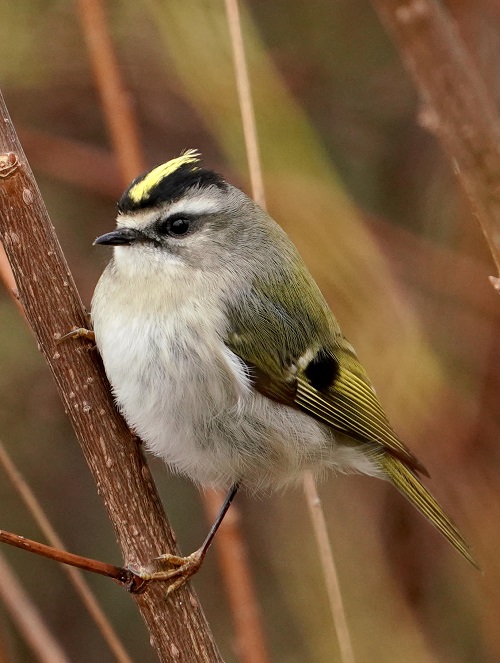Kari Hagenow
Conservation Committee Chair
Wisconsin Society for Ornithology
March 18, 2019
RE: Wisconsin Conservation Congress Spring Hearings
Dear WSO Members and Friends:
My name is Kari Hagenow. I recently accepted the position of Conservation Committee Chair on the Wisconsin Society for Ornithology Board. Professionally, I work for a non-profit organization, The Nature Conservancy, out of our Northeastern Wisconsin Field Office in Sturgeon Bay. Personally, birding and the conservation of our natural resources have been passions of mine for a long time. Over the past ten years I have volunteered for several bird-focused organizations and efforts, and I am excited for the opportunity to aid the WSO and grow the work of its Conservation Committee.
I am writing today because the Annual Wisconsin Conservation Congress (WCC) spring hearings will be held on Monday, April 8th, at 7:00pm. The WCC is the citizen advisory arm to the Department of Natural Resources and the Natural Resources Board. Part of these hearing involve advisory voting on proposed changes to existing rules and regulations proposed by the DNR, as well as some advisory questions from the WCC.
This year, there are two important questions about banning lead fishing tackle and lead ammunition in Wisconsin on the ballot (questions 85-86). Even though the vote is non-binding, please vote YES to BAN LEAD in Wisconsin. The DNR may work towards formal legislation if we raise our voices. Bald Eagles are regularly lead-poisoned due to eating meat from deer carcasses killed with lead shot or bullets, and Common Loons and other waterfowl suffer the same fate if they have contact with lead fishing tackle. The ballot also includes dozens of other questions regarding fishing and hunting management on the ballot. Typically, these meetings are attended by hunters, fishers, and trappers. The perspectives of other outdoor enthusiasts are less represented, but increasingly important.
The meetings are open to the public and anyone can attend and vote at their county’s spring hearing. Those who cannot attend in person can respond using an online link that will open at the time of the meeting and will remain available for three days (72 hours). For more information about the Conservation Congress meeting, including hearing locations or submittal of online responses, visit: https://dnr.wi.gov/About/WCC/springhearing.html. For more information about lead poisoning and wildlife, see: https://www.humanesociety.org/resources/lead-ammunition-toxic-wildlife-people-and-environment.
Thank you for your time and I look forward to meeting many of you at the WSO Convention in May.
Sincerely,
Kari Hagenow

